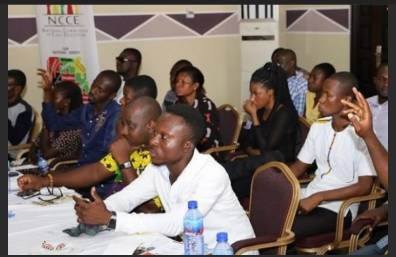Challenges in Ghana’s Flagship Programs: PFJ and 1D1F Face Criticism
Ghana's flagship initiatives, Planting for Food and Jobs (PFJ) and One District, One Factory (1D1F), have been touted as transformative for the nation’s economy and agriculture. However, in recent months, these programs have faced intense scrutiny, with experts and citizens alike expressing concerns about their implementation and outcomes.
The PFJ initiative, launched in 2017, aimed to boost agricultural productivity, ensure food security, and create jobs. Similarly, the 1D1F program was designed to industrialize Ghana by establishing factories in every district, thereby creating jobs and adding value to local raw materials. While these ambitious projects have garnered international attention, local feedback suggests that their impact has not met expectations.
According to Dr. Yao Graham, a notable policy analyst, the PFJ initiative has struggled to deliver on its promises. Farmers have reported delays in accessing subsidized fertilizers, poor quality of seeds provided under the program, and a lack of sustained market access for their produce. These issues have undermined the ability of the program to significantly uplift the agricultural sector. Furthermore, Ghana continues to import large quantities of food, raising questions about the program’s effectiveness in reducing reliance on foreign importsã€11†source】.
The 1D1F program has faced similar challenges. Critics argue that while the idea of localized industrialization is sound, the execution has fallen short. Reports indicate that several factories established under the program are either non-operational or underutilized due to inadequate funding, management issues, or market challenges. The absence of a clear strategy for ensuring the viability of these factories has further fueled skepticismã€9†source】ã€11†source】.
Proponents of these programs argue that the initiatives were launched under tough economic conditions, including the global COVID-19 pandemic and inflationary pressures. They claim that the groundwork laid by these projects will yield results in the long term. However, for many Ghanaians, the immediate challenges overshadow future promises.
As the country prepares for the 2024 elections, these issues have become central to political debates. Opposition parties have used the perceived shortcomings of PFJ and 1D1F as a rallying point to question the government’s competency. The coming months will likely see heightened scrutiny of these flagship initiatives, as citizens demand accountability and measurable results.


